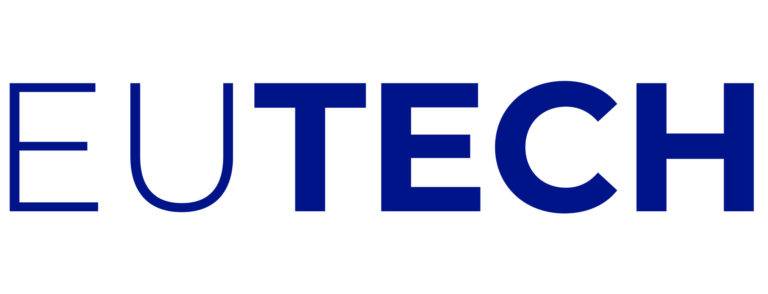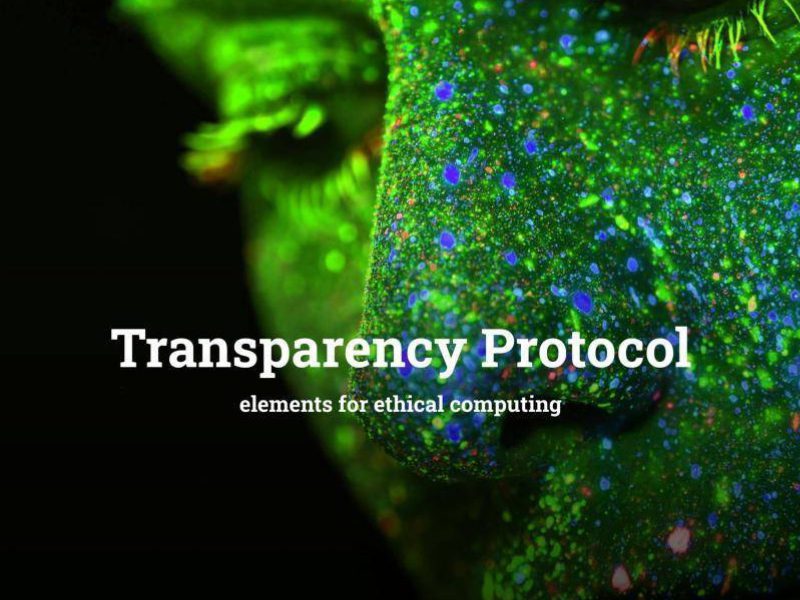Open Ethics initiative runs and hosts projects important for the transparency ecosystem. As a non-profit initiative, their goal is to provide a home where projects, especially in artificial intelligence, machine learning, and autonomous decision-making domain, can build and support a community of contributors. They focus on making their tools human-centric and transparent, inculcating responsibility and balance, open standards and co-creation. SDG16 Strong Peace, Justice and Strong Institutional Systems is the primary focus Open Ethics AI has concentrated on to achieve Sustainable Development Goals 2030. In addition to this they impact SDG2 Zero Hunger, SDG3 Good health and wellbeing and SDG12 Responsible Consumption and Production as well. Open Ethics AI was rewarded for their efforts by EU Tech’s SDG AWARDS 2021 Award for SDG16.

Self-disclosure (or disclosure) has evolved greatly in the food industry as we got used to the food nutrition labels and nutrition tables. Proteins, fats, carbs, expiry dates, allergens, etc., are now our best friends at the shelves of a grocery store. They believe that their initiative could help disclose product risk in the same manner as we do for food (or electrical products, or construction materials). It’s good to have a top-down regulation and make sure that our digital “diet” is safe. At the same time, one size fits all doesn’t allow individual preferences. Self-disclosure allows individual choices which enable bottom-up regulatory mechanisms. Self-disclosure, thus, is essential for societies. However, as it happened in the other industries, every vendor may decide to disclose in their own manner. Complexities of the technical language and variability in the marketing wording make it hard for consumers to navigate. Obviously, Ethics need standards. One possible way is to agree on one single standard, specifying what vendors should do to allow calling their product “Ethical AI” (OR Trustworthy AI, OR Sustainable AI, OR Responsible AI, OR Best-in-the-universe AI).
The choice is a good thing. In a similar way how the ordinary consumer today pushes brands to demonstrate more sustainability efforts, tomorrow the new generation of consumers will demand algorithmic transparency. And this generation will get what they demand. They believe that they should make it possible for consumers to create their own digital “diet” and become selective in their risk choices. To adopt standards education is needed. Educating a large group of consumers to gain a critical mass of those who understand and care is a larger objective that is in front of governments and the industry.
The Open Ethics Transparency Protocol (OETP) describes the creation and exchange of voluntary ethics disclosures for IT products across the supply chain. The Protocol describes how disclosures for data collection and data processing practice are formed, stored, validated, and exchanged in a standardized and open format. We see multiple possible ramifications allowing for societies to gain control over their digital diets. In short, they stress upon how open-sourced ethics can benefit the world at large, easily replicated worldwide if companies and consumers understand the value it provides.

Useful links:
https://www.linkedin.com/company/openethicsai/




